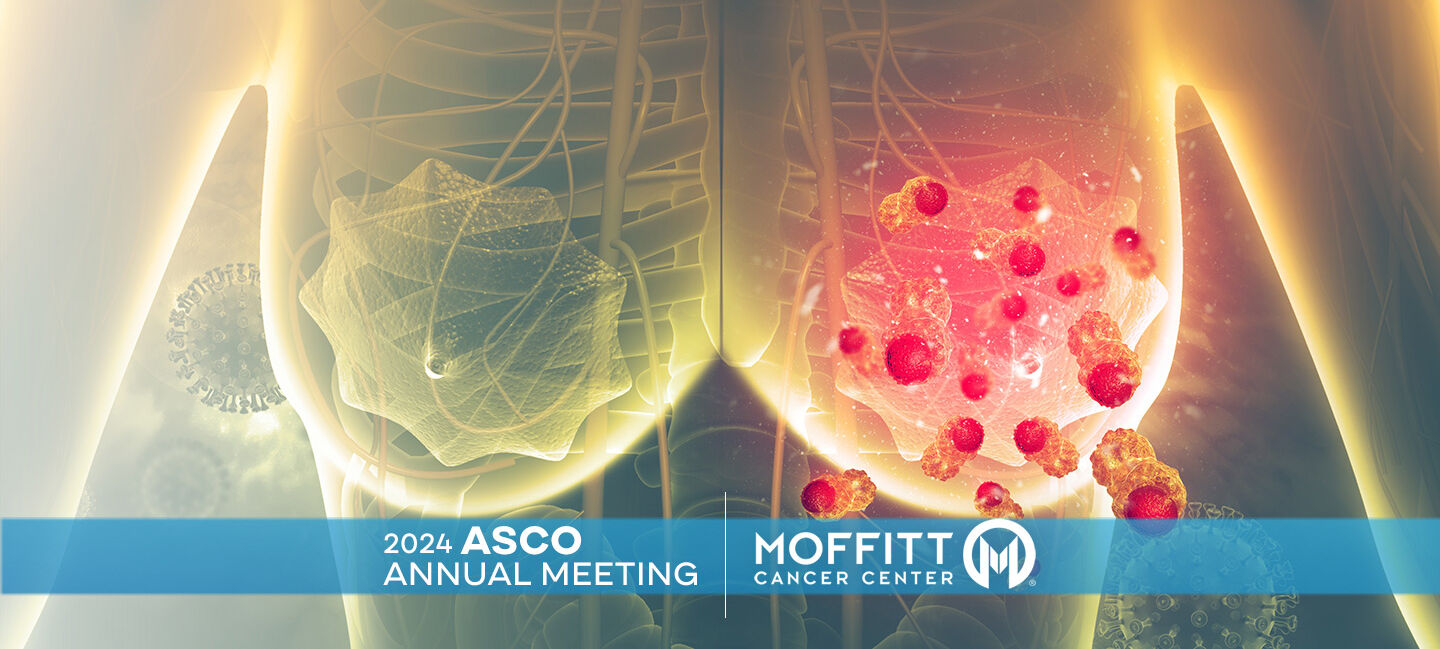Targeted Therapy Shows Promise as Earlier Treatment for Metastatic Breast Cancer
Treating metastatic breast cancer has posed a significant challenge, with few treatment options, especially for those with HER2-positive tumors. The approval of Enhertu (trastuzumab deruxtecan) in late 2022 provided a targeted therapy for patients with HER2-low or HER2-positive breast cancer, but only after progressing on prior chemotherapy treatment. However, that could soon change. New data presented at the 2024 American Society of Clinical Oncology annual meeting suggests Enhertu could be effective as a first-line therapy for estrogen receptor positive HER2-low and HER2-ultra low metastatic breast cancer patients who have post-endocrine therapy progression.
The DESTINY-Breast06 trial enrolled 866 participants with metastatic breast cancer, with the majority having HER2-low tumors. All participants had received prior endocrine therapy, and a vast majority had undergone targeted therapy with a CDK4/6 inhibitor. These patients were randomly assigned to receive either Enhertu or traditional chemotherapy.
Enhertu is an antibody-drug conjugate already approved for certain types of metastatic breast cancer. What makes it special is how it works. It's a targeted therapy that combines a monoclonal antibody with a chemotherapy drug. This means it can deliver powerful treatment directly to cancer cells with less of it going to normal tissues.

Hatem Soliman, MD
Participants who received Enhertu experienced a median progression-free survival of 13.2 months for HER2-low cancer, compared to 8.1 months for those who received traditional chemotherapy. Similar results were observed in the smaller group of patients with HER2-ultralow cancer.
“The results are exciting and could lead to Enhertu becoming an important first-line therapy option for patients with HER2-positive metastatic breast cancer whose cancer has progressed after endocrine therapy,” said Hatem Soliman, MD, medical oncologist in the Breast Oncology Department at Moffitt Cancer Center. “However, it is important to acknowledge and manage the potential side effects associated with this therapy.”
Roughly 41% of participants experienced side effects, including interstitial lung disease. While most interstitial lung disease cases were not severe, a subset of patients discontinued treatment due to this toxicity.



